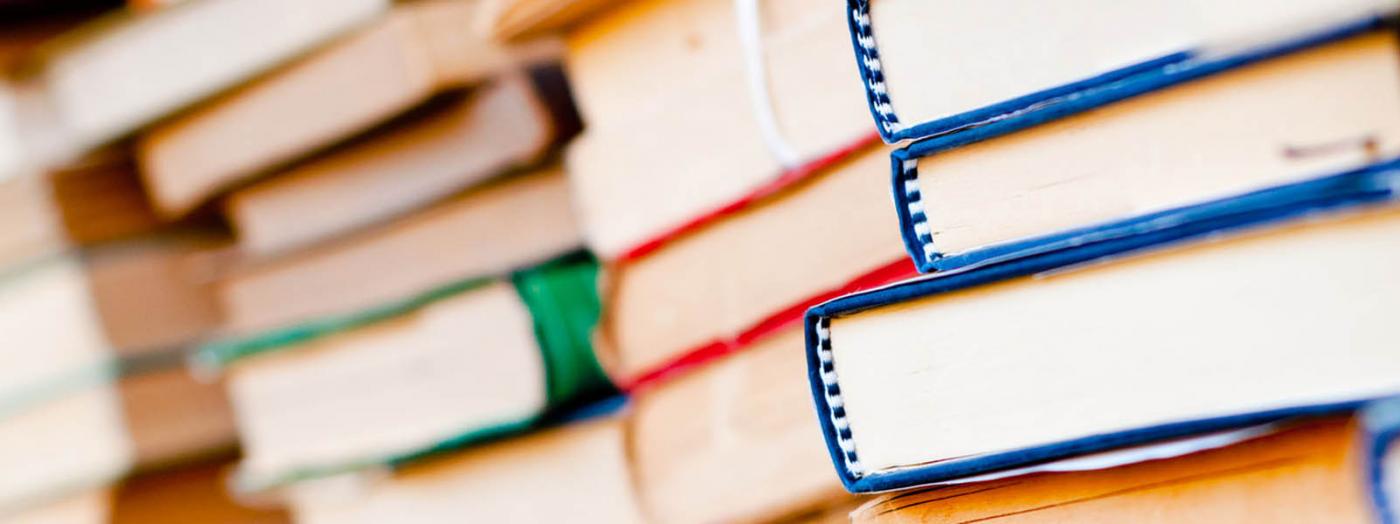Start a secondhand textbook marketplace

The first period is already past, but as every new turn of the academic calendar approaches some of the same student problems tend to reoccur. One is the stress of studying for exams to close out the current period, which needs no elaboration. A second is hunting down the textbooks required for the coming period, which can be a rather irritating process.
Finding the books is difficult
Students already complain about the exorbitant prices of books that are often used for just the ten weeks, and whose complete material cannot usually be covered. Study associations may have arrangements with publishers to sell textbooks with some discount, but prices are still high for student budgets.
To circumvent this, many try to buy secondhand. On the flipside, some students always prefer to buy new. But then, in the end, they usually look to get a little bit of their investment back. Facebook groups are the typical forums to buy and sell, but this process comes with multiple inefficiencies.
Finding the books you actually need is difficult; sometimes only a photo is posted, which is unsearchable, or just the course the book is intended for. When a course updates its book requirement, the editions from the prior students may seem out-of-date, but content usually does not change (only page numbers).
Still, younger students are hesitant to buy a book not matching the course description’s ISBN exactly. There is also no guarantee of the book’s quality, something a buyer can only judge when meeting to buy in person, which, if rejecting, becomes a waste for both students who had to find time between exam preparations to meet up.
The breakthrough of the circular economy
While waiting to write an exam myself, one of the university computers caught my eye. Headlining the UU homepage was De doorbraak van circulaire economie – The Breakthrough of the Circular Economy. Being an economics student, the circular economy - a regenerative system in which all finite resources are repurposed and no new inputs are required - is not a new concept for me. In fact, it might be considered one of the field’s hot topics.
I was curious to know what the university as a whole had to say on the matter. Ironically, the article exposes that, contrary to what people within the sustainability sector and related fields believe, UU researchers concluded the hype around the circular economy does not exist in the greater society. And then it hit me. There may be a grassroots opportunity for the university to spread awareness for the circular economy, while alleviating some student complaints about textbooks, by starting such a system itself.
A secondhand textbook marketplace could not only solve problems for students locally and even abroad, but also be a living model towards the circular economy within the university. Used books could be bought from students and checked for quality and content following the most recent course descriptions, including older editions to provide a guarantee that the material matches requirements.
Reliable secondhand textbooks
In this way, secondhand textbooks could be sold reliably, eliminating barriers for both the sellers and buyers. Textbooks removed from curricula, but still of relevant, perhaps timeless, educational value, could be donated to higher education facilities in developing countries to expand their libraries. Any textbooks that are truly not reusable could be responsibly recycled, perhaps even be ‘upcycled’ to create new, usable products for the university.
Institutional challenges would have to be overcome, including navigating existing contractual conflicts with big textbooks publishers. But I think that such a program could be viable and beneficial to the university in the long run, providing a model for sustainable services to students.